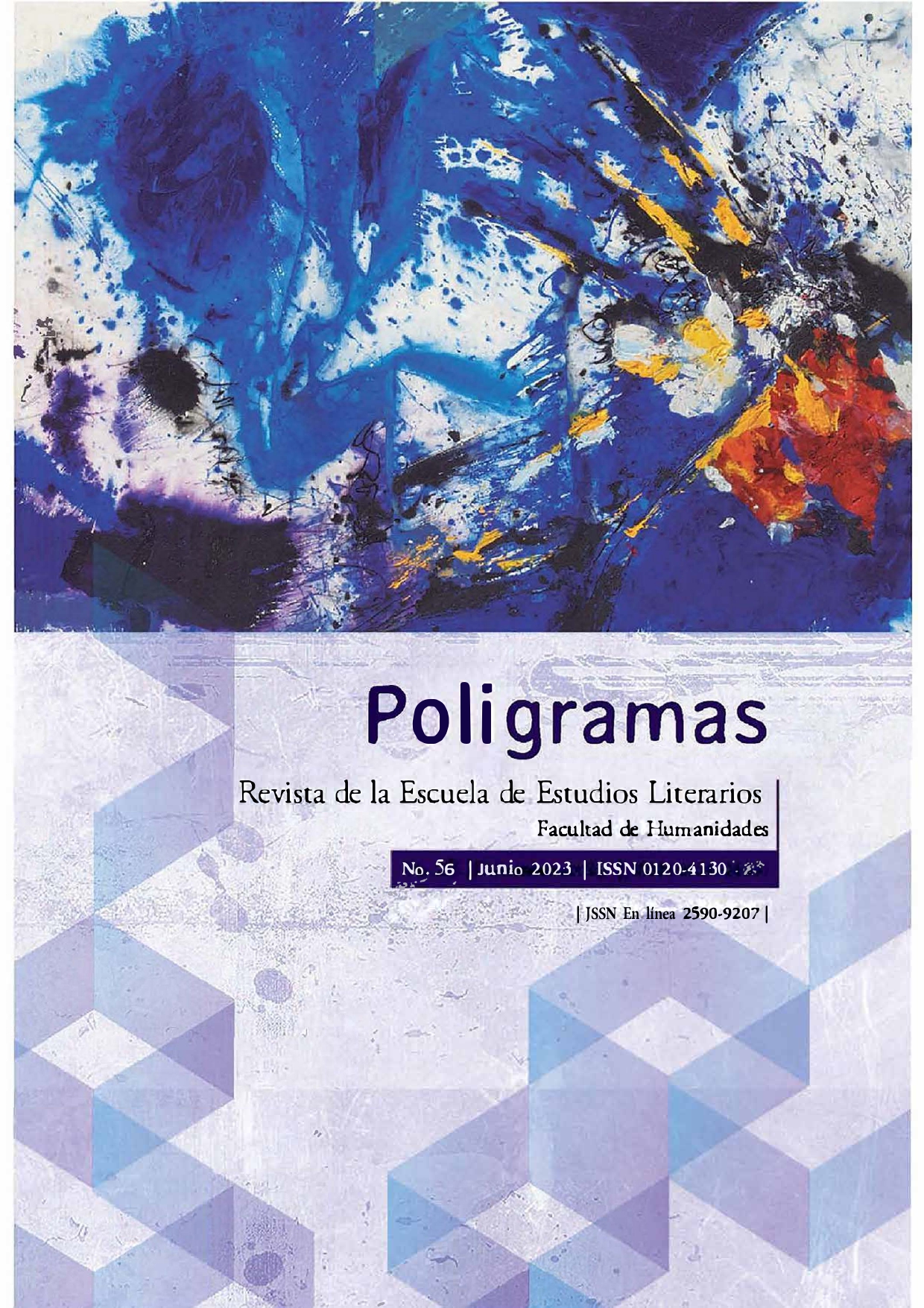The materiality in the dystopian vision of Agustina Bazterrica: the aesthetic of the object deviation
Main Article Content
In her short stories Nineteen paws and a dark bird and her novel Exquisite corpse, Agustina Bazterrica shows us a disturbing society where human relations have been reified, automated. It is a cannibal society where some of them devour others; where consumerism and materialism destroy the atavistic relationship among words, things and human beings. Through her plots, Bazterrica announces the cultural requirement of the search of a new cultural code which allow a better society, a more solidary world and the refoundation of humanity. Through the plots we can see an example of diasporic literature which shows us a daily world whose characters use technological objects in a fantastic virtual world that supposes overcoming the referentiality and verisimilitude. These devices and objects evidence a cold world, a world of relationship lacking affection and sense, where cannibalized human beings are only things at the service of the others who dominate them and destroy their identity by fragmentation of their bodies alive or dead.
Alkan, Ceren. “Hope and revolution in a critical dystopia: The Hunger Games, Tesis. Sabanci University, 2015
https://www.academia.edu/50906957/Hope_and_Revolution_in_a_Critical_Dystopia_The_Hunger_Games. Web.
Appadurai, Arjun. La vida social de las cosas. Perspectiva cultural de las mercaderías. México: Grijalbo, 1991. Impreso.
Bazterrica, Agustina. Cadáver exquisito. Buenos Aires: Alfaguara, 2020. Impreso.
Bazterrica, Agustina. Diecinueve garras y un pájaro oscuro. Buenos Aires: Alfaguara, 2020. Impreso.
Dei, Daniel. Lógica de la distopía. Buenos Aires: Prometeo, 2009. Impreso.
Díaz, Esther Postmodernidad. Buenos Aires: Biblos, 2009. Impreso.
Eagleton, Terry Las ilusiones del postmodernismo. Buenos Aires: Paidós, 1998. Impreso.
Foster, Hal (1996) The return of the real. Cambridge: The Mit Press, 1996. Impreso.
Foucault, Michel. Las palabras y las cosas. México: Siglo XXI, 1986. Impreso.
Kristeva, Julia. “Sobre la abyección” en Poderes de la perversión. México: Siglo XXI, 1998. Impreso.
Lacan, Jacques (1996) “La esquizia del ojo y de la mirada” en Seminario 11. Buenos Aires: Paidós, 1996.
Latour, Bruno. Politics of Nature. How to bring the Sciences into Democracy. Harvard University Press, 2004. Impreso.
Lyotard, Jean-François La condición postmoderna. Madrid: Cátedra, 2006. Impreso.
Ludmer, Josefina. "Literaturas postautónomas. Propuesta educativa n° 32, año 18, noviembre 2009, volumen 2, pp. 41 a 45
https://www.redalyc.org/pdf/4030/403041704005.pdf. Web.
Marx, Karl (2002) “El carácter fetichista de la mercancía y su secreto” en “La mercancía”, capítulo 1, vol 1 de El capital. México: Siglo XXI, 2008. http://ecopol.sociales.uba.ar/wp-content/uploads/sites/202/2013/09/Marx_El-capital_Tomo-1_Vol-1.pdf. Web.
Miller, Daniel Materiality: An Introduction. Durham: Duke University Press, 2005. Impreso.
Scarpacci, Joseph L. “Essays on Material Culture and the Meaning of Objects” in Material Culture. Vol 48, n° 1, 2016.
researchgate.net/publication/316460091_Introductory_ Essay_Material_Culture_and_the_Meaning_of_Objects. Web.
Downloads

This work is licensed under a Creative Commons Attribution-NonCommercial-NoDerivatives 4.0 International License.





